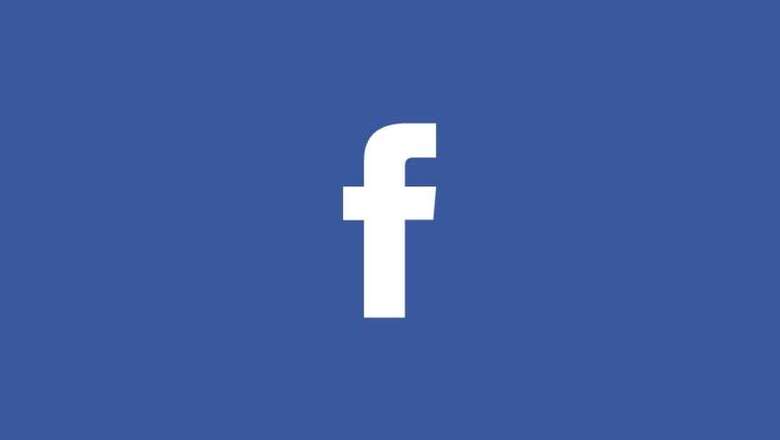
views
Facebook Inc co-founder and Mark Zuckerberg’s former college roommate Chris Hughes urged U.S. regulators to break up the social media company in a New York Times opinion piece. But antitrust law makes such a proposal tough to execute because the government would have to take the company to court and win. It is rare to break up a company but not unheard of, with Standard Oil and AT&T being the two biggest examples. Hughes’ call to split Facebook from WhatsApp and Instagram followed a March pledge by U.S. Senator Elizabeth Warren, who is running for the Democratic presidential nomination for the 2020 election, to break up big tech companies.
Facebook rejected Hughes’ call for a breakup. “Accountability of tech companies can only be achieved through the painstaking introduction of new rules for the internet. That is exactly what Mark Zuckerberg has called for,” Nick Clegg, Facebook’s vice president of global affairs and communications, said in an emailed statement. What is Hughes’ argument? Hughes called for the Federal Trade Commission, working with the Justice Department, to force Facebook to undo its purchases of Instagram in 2012 and WhatsApp in 2014. He said the three could become separate publicly traded companies. Facebook CEO Mark Zuckerberg and other Facebook executives would be required to divest management shares.
Hughes’ criticisms of Facebook focused on its massive power over speech, and the fact that it was a tool that Russia used to manipulate U.S. voters in 2016 with false news reports. He also expressed concern that Zuckerberg had outsized power in such a dominant firm, saying: “Mark is a good, kind person. But I’m angry that his focus on growth led him to sacrifice security and civility for clicks.”
How could a breakup happen? To force a company to break up, the government would have to file a lawsuit demonstrating that the firm has market power in the industry and that the deal has hurt consumers by pushing up prices or reducing product quality. This could be particularly hard in the case of Facebook or other technology companies, especially those that provide a free service to users. “The case law as it stands today would make the structural breakup of any of these companies very challenging,” an antitrust expert based in Washington said.
It is rare for the government to seek to break up an existing company, but it has been done. Famously, the United States sued to break up Standard Oil, accusing it of being an abusive monopoly. The case was fought all the way to the Supreme Court, which ruled in 1911 that the company should be broken up. In 1974, the U.S. government filed an antitrust lawsuit against AT&T Corp because it had a monopoly on telephone lines. After eight years of litigation, the two sides reached a settlement that led to AT&T giving up control of its regional operating companies, or Baby Bells.
Perhaps the most famous case is the government’s effort to break up Microsoft. The Justice Department won a preliminary victory in 2000 but was reversed on appeal. The case settled with Microsoft intact.
There are recent examples with smaller companies. The Justice Department forced consumer review website Bazaarvoice Inc to undo a 2012 merger with rival PowerReviews in 2014. The FTC this week won a victory in trying to break up a merger of two prosthetic knee makers: Otto Bock HealthCare North America, Inc and Freedom Innovations. An administrative law judge ruled in its favor on May 6.
What about privacy issues? U.S. lawmakers are also considering privacy legislation that would weaken companies like Facebook by reducing the amount of personal user data they control, thus reducing their value to advertisers. Senator Mark Warner, a Democrat, said in April that the was considering legislation that would focus on data portability, so users of one social media could take their information from one site to another.
How powerful is Facebook? Congress held a series of hearings last year looking at the dominance of major tech companies, including their considerable political heft. Facebook has huge global reach, with 1.56 billion users daily as of March. It had 37,700 full-time employees as of the end of March spread around offices in 20 U.S. cities and dozens more around the world. Tech companies are among the biggest U.S. political donors. Google spent $21 million to lobby in 2018 while Amazon spent $14.2 million and Facebook spent $12.62 million, according to their filings to U.S. Congress.




















Comments
0 comment